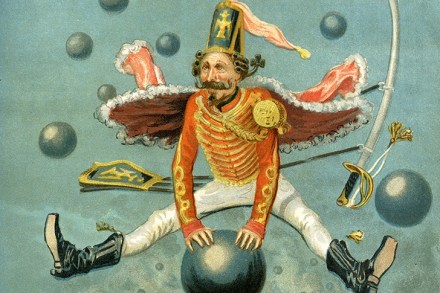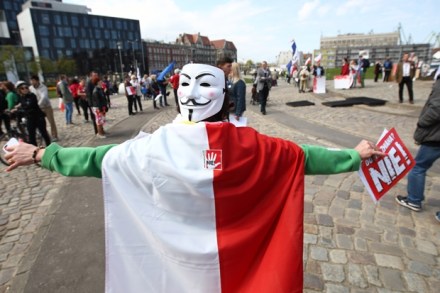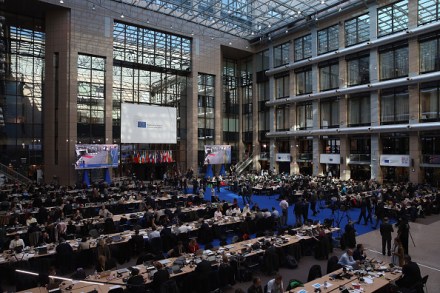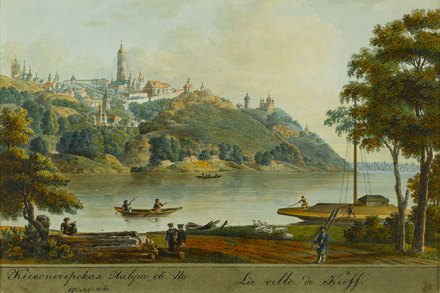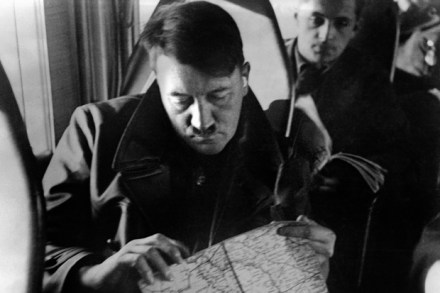What Brexit means to Poland
‘Just think of America; there’s so much of everything there! And Australia, too,’ said the passenger beside me, a Pole with an impressive white moustache, as we flew east from London. He had laughed when I asked if Brexit keeps him awake at night, with the uncertainty over the future of EU citizens living in Britain. As we flew over sleeping Berlin, this man, who has been working at a London hotel for the past decade, was full of optimism. He had, he said, paid his taxes to HMRC over the years and braved the damp of Victorian-era lodgings. Britain was home now. Forget French cheese and wine; the riches






